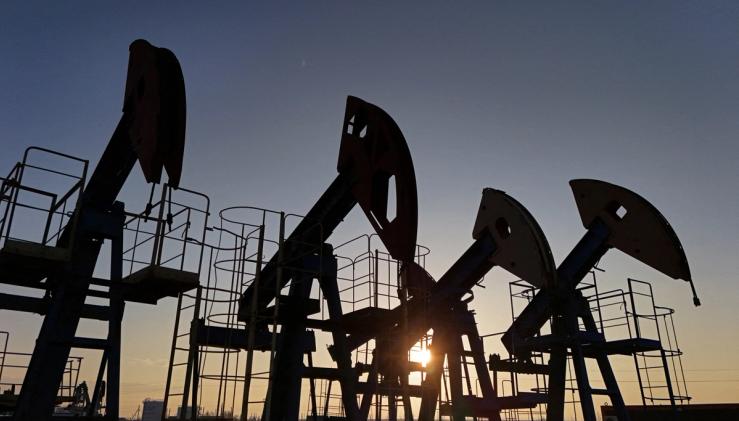Oil prices jumped nearly 7% Friday after Israel struck Iran, reaching their highest level since January.
However, prices eased gradually as it became clear that the strikes did not target Tehran’s oil infrastructure. Energy analysts said the sudden spike in prices would likely be short lived: The increase “is driven more by fears than physical impacts,” a Wells Fargo analyst told clients.
Prices could further spike, however, if Iran targets Saudi Arabia’s oil supplies or creates shipping disruptions in the Strait of Hormuz, through which almost 25% of total global oil consumption flows, with some experts predicting $100 oil per barrel. But given Iran’s weakened military position and improved relations with Gulf neighbors, analysts suggested supply disruptions would be limited.

